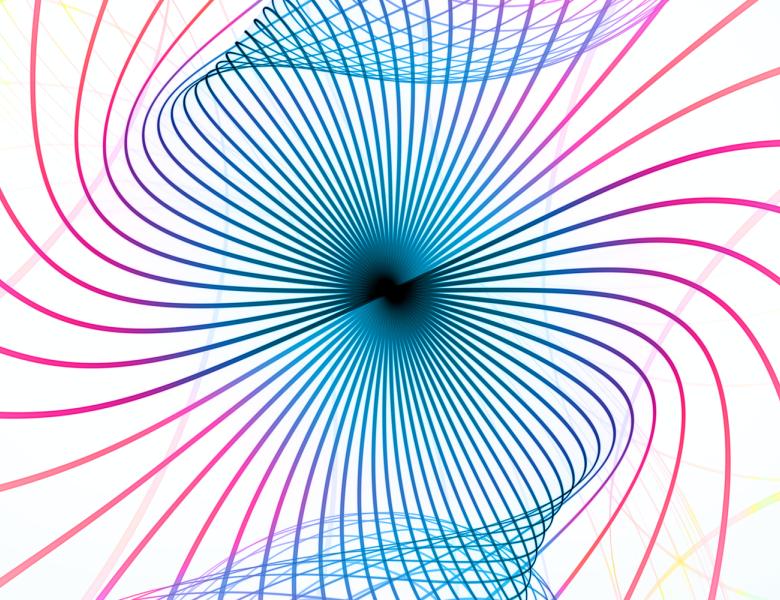
The accuracy of logical operations on quantum bits (qubits) must be vastly improved for general purpose quantum computers to surpass classical ones in useful tasks. To do so, quantum information must be robust to noise that affects the underlying physical system. Rather than suppressing noise, Quantum Error Correction (QEC) aims at preventing it from causing logical errors. This approach derives from the reasonable assumption that noise is local: it does not act in a coordinated way on different parts of the physical system. Therefore, if a logical qubit is encoded non-locally, we can, during a limited time, detect and correct noise-induced evolution before it corrupts the encoded information. In 2001, Gottesman, Kitaev and Preskill (GKP) proposed a hardware-efficient instance of such a non-local qubit, which is based on superpositions of position states in a single oscillator. However, implementing measurements that reveal error syndromes of the oscillator while preserving the encoded information was considered experimentally challenging: the only realization so far had relied on post-selection, which is incompatible with quantum error correction. The novelty of our experiment [1] is precisely that it implements these non-destructive error-syndrome measurements, the oscillator role being played by a superconducting microwave cavity. Moreover, we have designed and implemented an original feedback protocol that incorporates such measurements to prepare square and hexagonal GKP code states. We then demonstrated QEC of an encoded qubit with the unprecedented reduction of all logical errors rates, in quantitative agreement with a theoretical estimate based on the measured imperfections of the experiment. [1] Campagne-Ibarcq et al., Nature, 584, 368-372 (2020).
Panel discussion: Daniel Gottesman (University of Maryland), Shruti Puri (Yale University), Jonathan Home (ETH Zurich), Chen Wang (UMass Amherst), Umesh Vazirani (UC Berkeley; moderator)


